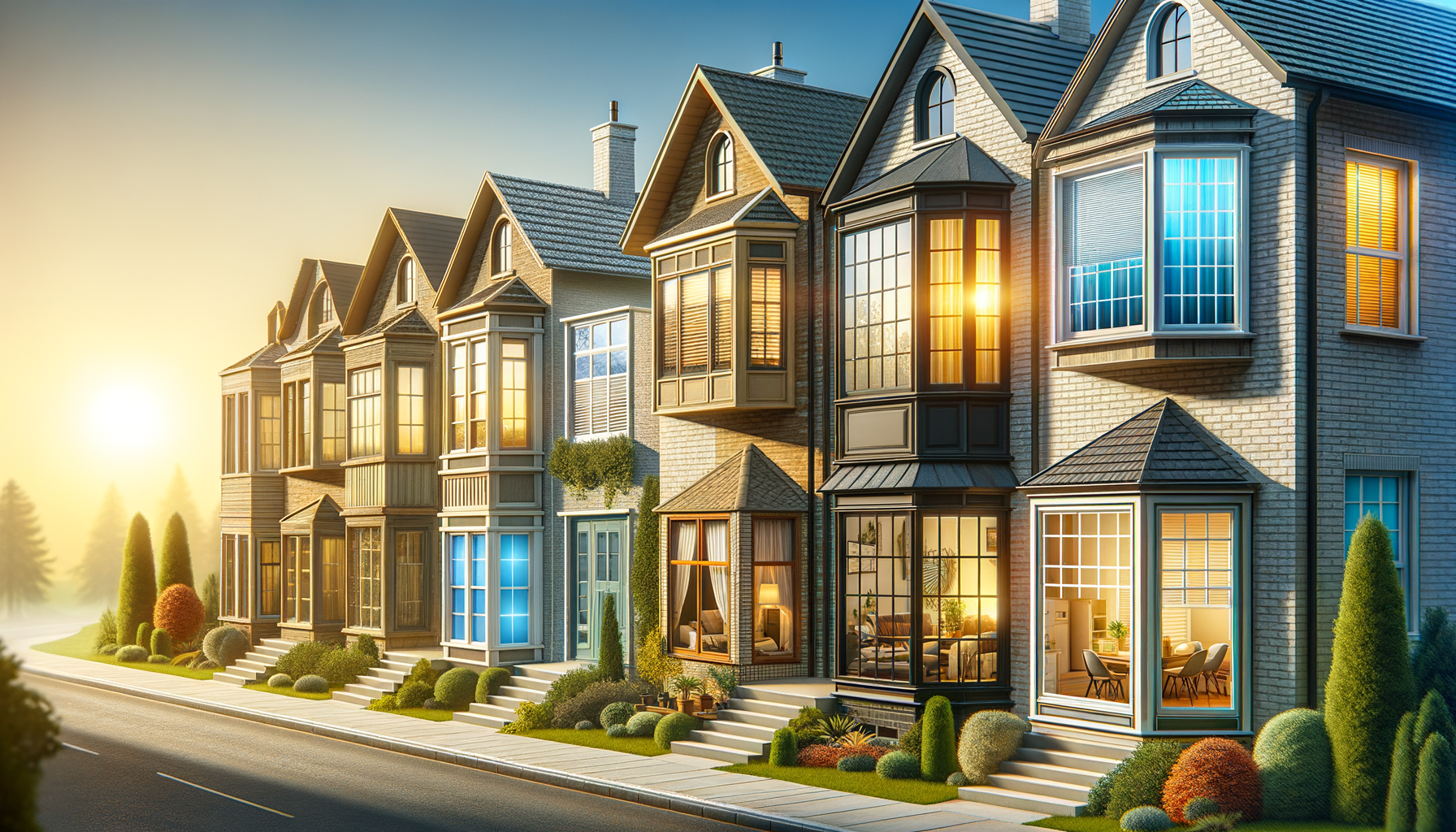
Upgrade Your Home with Quality Window Replacement Services Across the Country
Introduction to Window Replacement
Window replacement is a significant home improvement project that offers numerous benefits, including enhanced energy efficiency, improved aesthetics, and increased property value. As homeowners across the U.S. seek ways to modernize their homes, window replacement stands out as a practical and impactful option. This article delves into the various aspects of window replacement, offering insights into why it is a worthwhile investment.
Understanding the Types of Windows Available
When considering window replacement, it’s essential to understand the different types of windows available. Each type offers unique features, catering to various needs and preferences. Here are some common window types:
- Double-Hung Windows: These are traditional windows that open from both the top and bottom, providing excellent ventilation and easy cleaning.
- Casement Windows: Hinged at the side, these windows open outward, offering unobstructed views and superior ventilation.
- Sliding Windows: Ideal for spaces where you want to maintain a sleek look, these windows slide horizontally.
- Picture Windows: Fixed windows that do not open, perfect for rooms where you want to enjoy expansive views and ample light.
- Awning Windows: Hinged at the top, these windows open outward, providing ventilation even during light rain.
Choosing the right type of window depends on factors like the architectural style of your home, your budget, and your specific needs.
The Benefits of Energy-Efficient Windows
One of the primary reasons homeowners opt for window replacement is to improve energy efficiency. Energy-efficient windows are designed to reduce the amount of heat transfer, keeping your home cooler in the summer and warmer in the winter. Here are some benefits of energy-efficient windows:
- Lower Energy Bills: By minimizing heat transfer, these windows reduce the need for heating and cooling, leading to lower utility bills.
- Increased Comfort: Energy-efficient windows help maintain a consistent indoor temperature, ensuring comfort throughout the year.
- Environmental Impact: By reducing energy consumption, these windows contribute to a smaller carbon footprint.
- Noise Reduction: Many energy-efficient windows also offer soundproofing benefits, creating a quieter indoor environment.
Investing in energy-efficient windows is a smart choice for environmentally conscious homeowners looking to save money and enhance comfort.
Installation Process and Considerations
Window replacement is a complex process that requires careful planning and execution. Here are some key considerations:
- Professional Installation: Hiring a professional ensures that the windows are installed correctly, maximizing their performance and lifespan.
- Material Choices: Windows come in various materials, including vinyl, wood, and aluminum. Each material has its pros and cons in terms of durability, maintenance, and cost.
- Customization Options: Many window manufacturers offer customization options, allowing you to choose colors, finishes, and hardware that match your home’s décor.
- Permits and Regulations: Depending on your location, you may need permits for window replacement. It’s essential to check local regulations before starting the project.
Proper planning and professional installation are crucial to ensure the success of your window replacement project.
Conclusion: Making the Right Choice for Your Home
Window replacement is a valuable investment that enhances the functionality, appearance, and energy efficiency of your home. By understanding the different types of windows, the benefits of energy-efficient options, and the importance of professional installation, homeowners can make informed decisions that align with their needs and budget. Whether you’re looking to improve your home’s curb appeal or reduce energy costs, window replacement offers a practical solution with lasting benefits.

